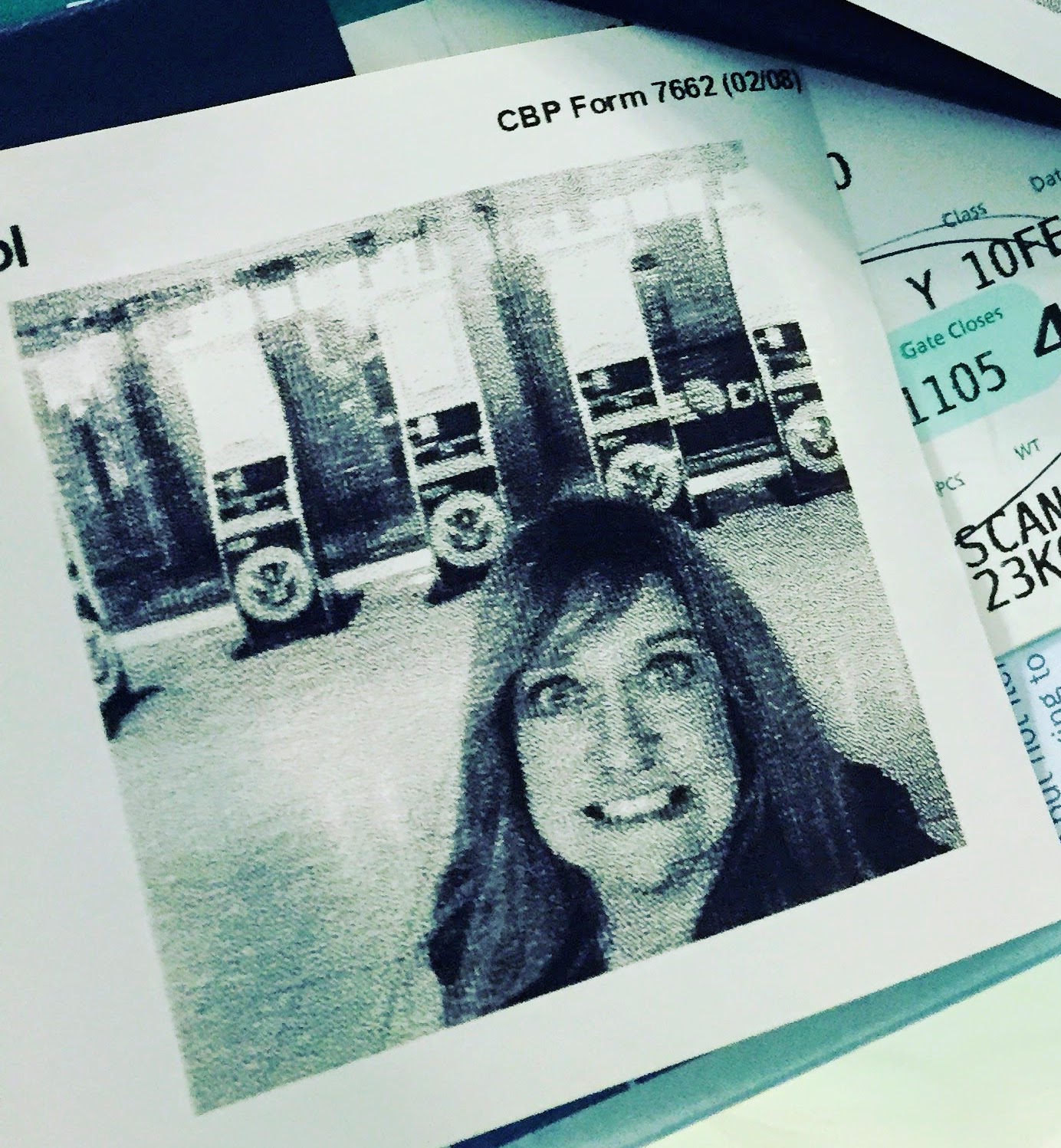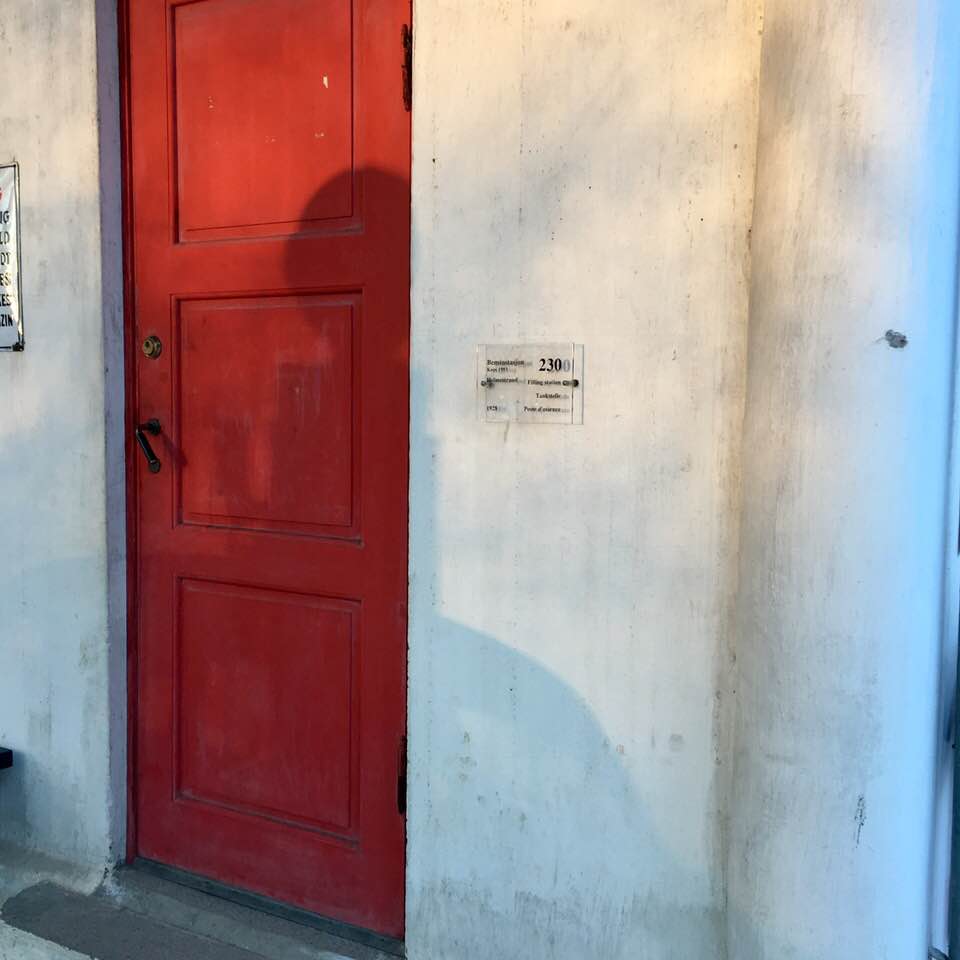
Do You Need Trip Insurance? The Answer Is YES!
Hint: It’s not just for lost or stolen items.

One of the biggest misunderstandings regarding trip insurance is that people think it is only for trip cancellation, trip interruption, missing luggage or stolen property. Many people skip it because their travel credit card carries a certain amount of travel insurance, and they assume they are covered.
There are many reasons beyond those mentioned above to buy trip insurance from a reputable company.
For clarity, we are not affiliated with any travel insurance company; however, Julianne and I use Allianz.
If you’re part of a group trip, you might be asked to provide proof of insurance, or the group trip or travel agency might provide insurance. Either way, make sure you are covered.
Before we get into why you should have trip insurance, let’s look at two options: per trip or annual.
Annual trip insurance policy vs. a per-trip policy?
I travel at least three times a year, so I’ve opted for the annual plan, which costs me less than $300 annually. You must determine if buying by the trip or yearly makes the most sense and set your coverage limits based on your risk assessments. My current coverage does not extend past 45 days per trip.
There are lots of ways to slice and dice travel insurance. Compare Allianz’s annual plans with their single-trip coverage options using this helpful NerdWallet review. For a deep dive on each of Allianz’s plans, check out this Frommer review. And if your trip is a big investment, consider whether you’d be better off with the coverages provided by your travel credit card (such as the Chase Sapphire Reserve) plus the OneTrip Cancellation Plus Plan and another company’s cancel for any reason coverage.
— Julianne
The top two reasons I use trip insurance are coverage for medical expenses and for accidental death or dismemberment.
One of the first travel bloggers I ever followed was diagnosed with a melon-sized tumor while traveling abroad. She thought it was bloating from an extended stay in Germany during Oktoberfest. She needed emergency surgery on the spot. That was the first time I read about trip insurance in a case unrelated to lost luggage, and that opened my eyes.
On a personal note, I was traveling with a friend who fell down three small steps and injured his knee so severely he required a trip to the emergency room in Funchal, Madiera. Thankfully, he could leave without surgery and make his flight the next day. It would have delayed his flight and potentially mine if he had needed to stay. Travel insurance would have covered most of his expenses, including hotel rooms for additional nights, rescheduled flights, medical costs, and incidentals like crutches and medications.




Those are two examples of why I get trip insurance. Below are the coverages I have on my current policy:
Accidental Death or Dismemberment Coverage: If you are in an accident while on a trip, resulting in your death, your family will appreciate this coverage. It can cost upwards of $3,000 to arrange transport. This part of your policy also covers you if you lose a limb on a trip.
Medical Expense Coverage: Travel insurance can cover medical expenses incurred during your trip, including doctor visits, hospital stays, emergency surgery and emergency medical evacuation. This is particularly important when traveling abroad, as your regular health insurance may not cover international medical expenses. If you get a kidney stone, sprain an ankle or require emergency surgery, you want travel insurance to cover this cost. You may still need to pay out of pocket, but you will be reimbursed. Healthcare costs are often much lower in most countries outside the United States, but they aren’t free. Some countries will be hesitant to treat you if you do not have travel insurance and will do the minimum unless you can either pay fully out of pocket or present them with your travel insurance card. Make sure you know how much coverage you are electing and asses your potential risks.
In addition to those two critical coverages, travel insurance covers you for the more common travel hiccups.
Keep in mind that your travel credit card may cover some of these items if you have one. Read your credit card converge carefully.
Trip Delay Coverage: Travel insurance can provide reimbursement for additional expenses, such as accommodations and meals, if your trip is delayed due to covered reasons such as weather, airline strikes or mechanical issues. For more information about weather delays, check out this informative piece by Allianz.
Lost, Stolen or Damaged Belongings: If your luggage is lost, stolen or damaged during your trip, travel insurance can help you replace your belongings. The airline might also cover this, but they can be notoriously difficult to deal with, depending on the airline. Some travel credit cards will provide this coverage as well
Travel Assistance Services: Many travel insurance policies offer 24/7 travel assistance services, which can help you with medical referrals, language translation, legal assistance, prescription refills and other travel-related issues.
Baggage Delay Coverage: As with some travel credit cards, travel insurance can provide funds for essential items such as clothing and toiletries if your checked baggage is delayed for a specified period.
Cancel for Any Reason (CFAR) Coverage: Some policies offer CFAR coverage, allowing you to cancel your trip for any reason and receive a partial reimbursement of your non-refundable expenses. However, this option typically comes at an additional cost. I do not carry this coverage. Most of my trips are budget trips; the only use case I can see for this is if you have a costly trip planned, it’s not refundable, and you’re concerned about your health or the health of a loved one traveling with you that would make you unable to go.
Rental Car Coverage: Travel insurance may cover rental car damage or theft, saving you money on additional insurance offered by car rental companies. Most travel credit cards have rental car coverage, but some do not cover certain countries, like Ireland, so this might be a good supplement. It’s included in most policies, so it’s always nice to have a backup to what your travel credit card covers if you have one.
Trip Cancellation and Interruption Coverage: This benefit reimburses you for nonrefundable trip expenses if you have to cancel or interrupt your trip due to covered reasons such as illness, injury or death of a family member. This is standard with most travel policies, including the one that might come with your travel credit card. Check your policy.
The last thing I want to bring home from a trip is a hefty medical bill or, worse, foist a huge transportation bill on my children if something happens to me while traveling. Don’t forget to print your insurance card and keep it with your other documents; I also have my Allianz app handy. For more information about staying safe while traveling, check out our Safety section, as well as Travel Planning 101 – Ultimate Travel Planning Checklist.
Getting trip insurance gives you peace of mind and, sometimes more importantly, gives your loved ones peace of mind. Safe travels!
Planning your trip?
Book your accommodations
We like booking.com for accommodations. They offer a range of hotels, resorts, apartments, guesthouses and even hostels. The platform also has a loyalty program that allows members to save even more.
Book your tours
We love booking tours through a single provider and keeping our mobile tickets in one spot. We use GetYourGuide. We appreciate that they work with local companies and provide a wide variety of tours!
Stay connected
When using an eSIM, we like Airalo. An eSIM is the easiest way to obtain cell service outside your network. We have used their eSIM cards in Budapest, Canada and Ecuador, and so far, so good! Simply download the Airalo app, select the country you’re traveling to, and choose the amount of data you want. Follow the installation instructions and turn it on when you arrive!
Shopping for your trip?
We make a small commission when you use our Amazon Affiliate link. It helps offset the expense of maintaining our website and costs you nothing extra.
Please read and research thoroughly; we cannot guarantee what coverage will be included on your policy, so we implore you to do your research. The views expressed on this website represent the opinions of the authors; we encourage you to form your own opinions and confirm any facts.
This post likely contains affiliate links. If you shop or make a reservation through these links, we may make a small commission (for which we are very grateful!) at no extra cost to you. Not all links are affiliates, and we only suggest products and places that we have experienced.



